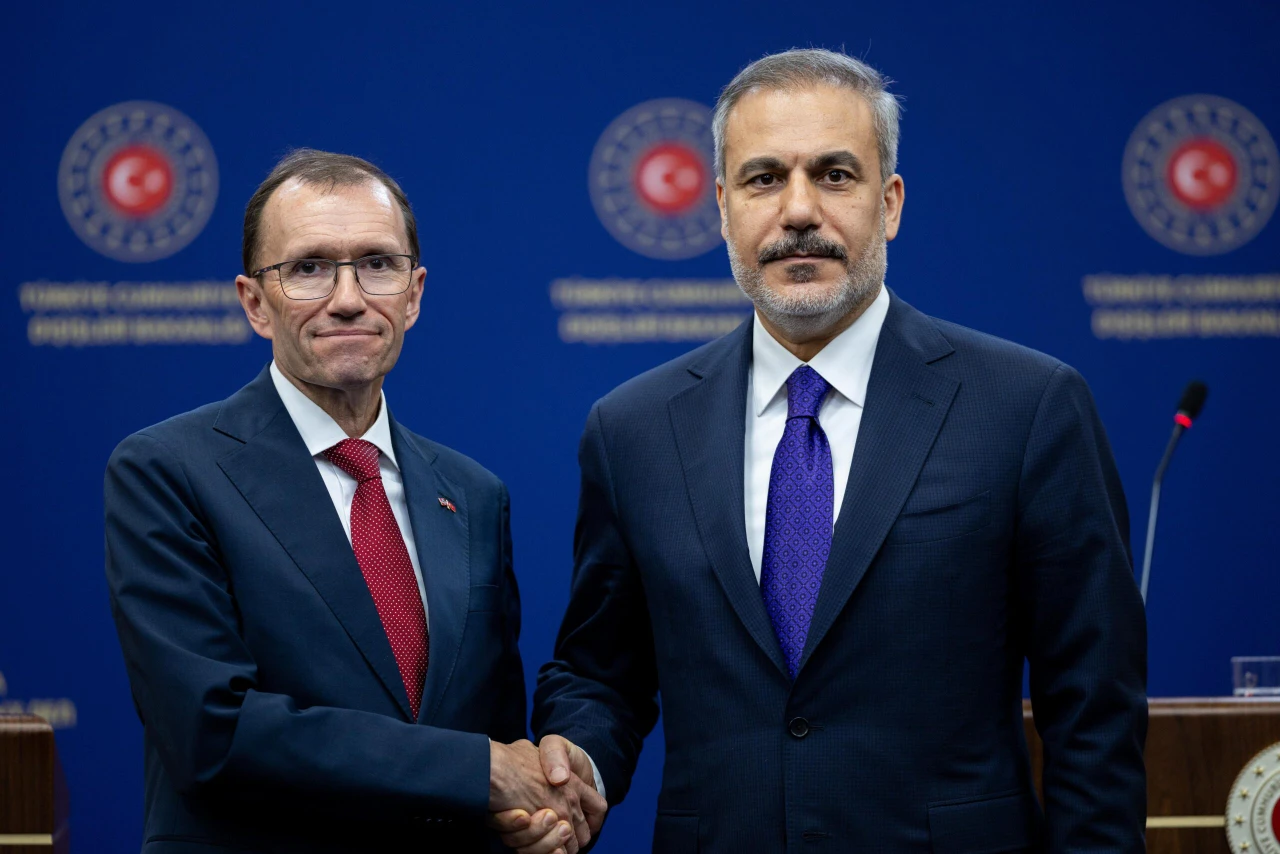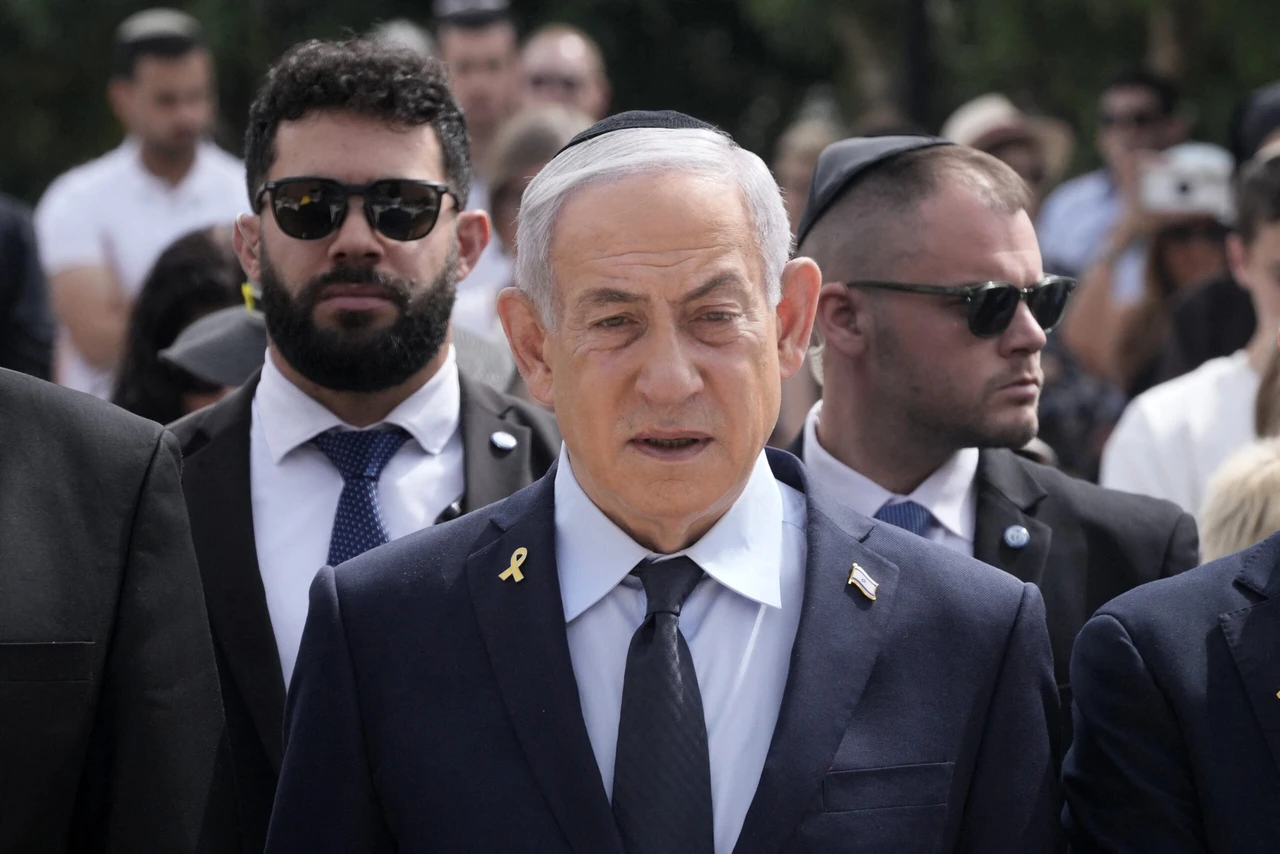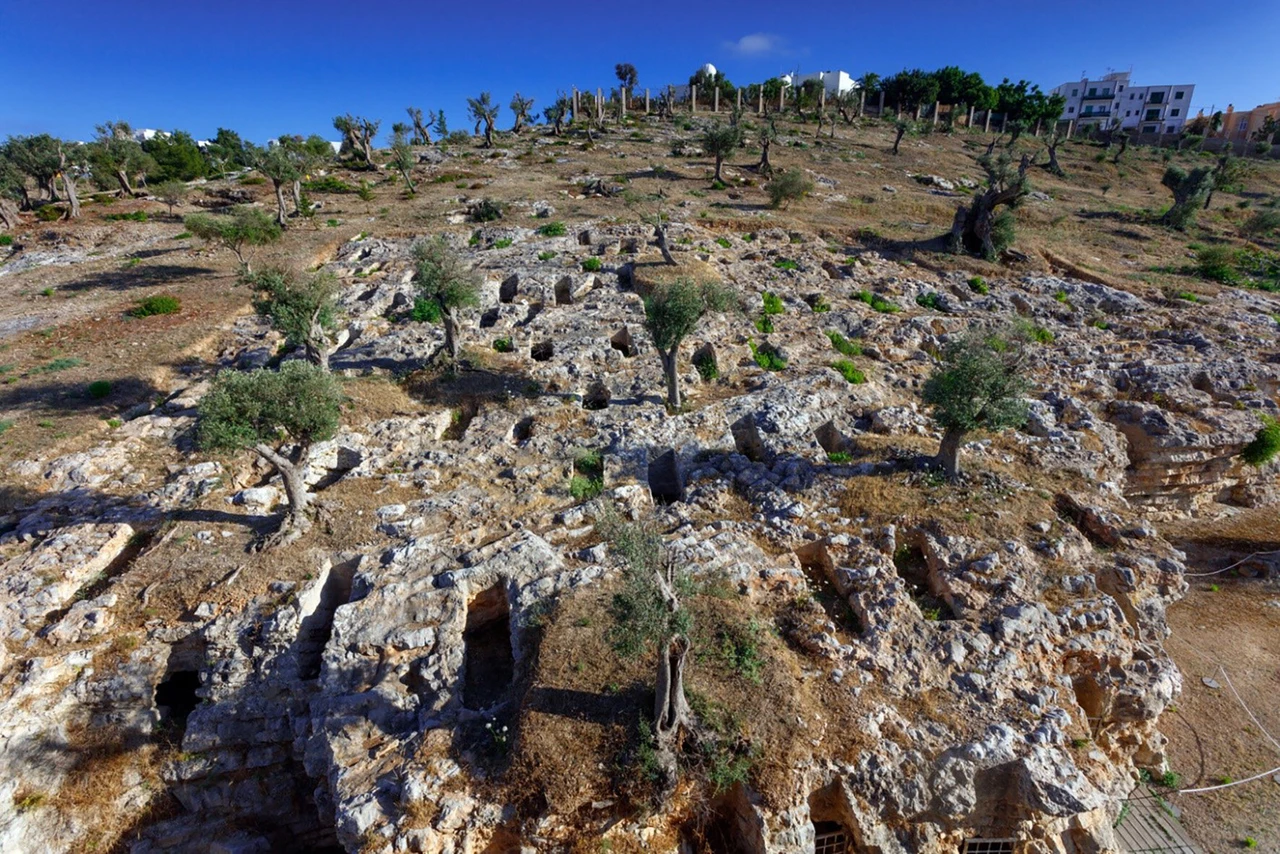Norway calls for Türkiye’s participation in European security frameworks
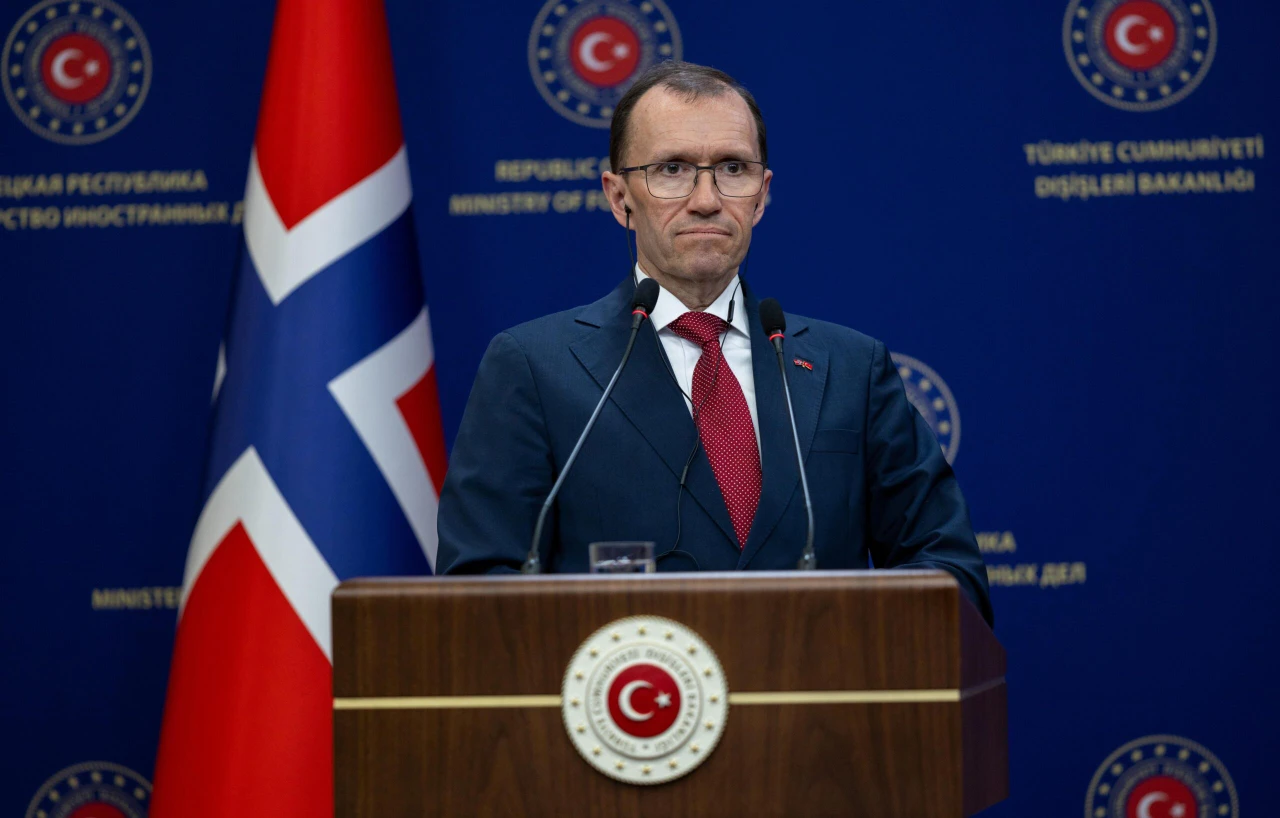 Foreign Minister Hakan Fidan (not seen) and Norwegian Foreign Minister Espen Barth Eide attend a joint press conference in Ankara, Türkiye on April 24, 2025. (AA Photo)
Foreign Minister Hakan Fidan (not seen) and Norwegian Foreign Minister Espen Barth Eide attend a joint press conference in Ankara, Türkiye on April 24, 2025. (AA Photo)
Norwegian Foreign Minister Espen Barth Eide advocated for Türkiye’s inclusion in European defense initiatives during a joint press conference with Turkish Foreign Minister Hakan Fidan in Ankara on Thursday, highlighting the strategic importance of both NATO nations in the evolving European security architecture.
Norway and Türkiye strengthen bilateral relations amid shifting security landscape
The high-level diplomatic talks between the two NATO allies were characterized by Eide as “extremely useful, constructive and productive,” underscoring that “bilateral relations are truly strong and continue to develop.” The meeting comes at a time when European nations are increasingly reassessing defense priorities and forging new security partnerships.
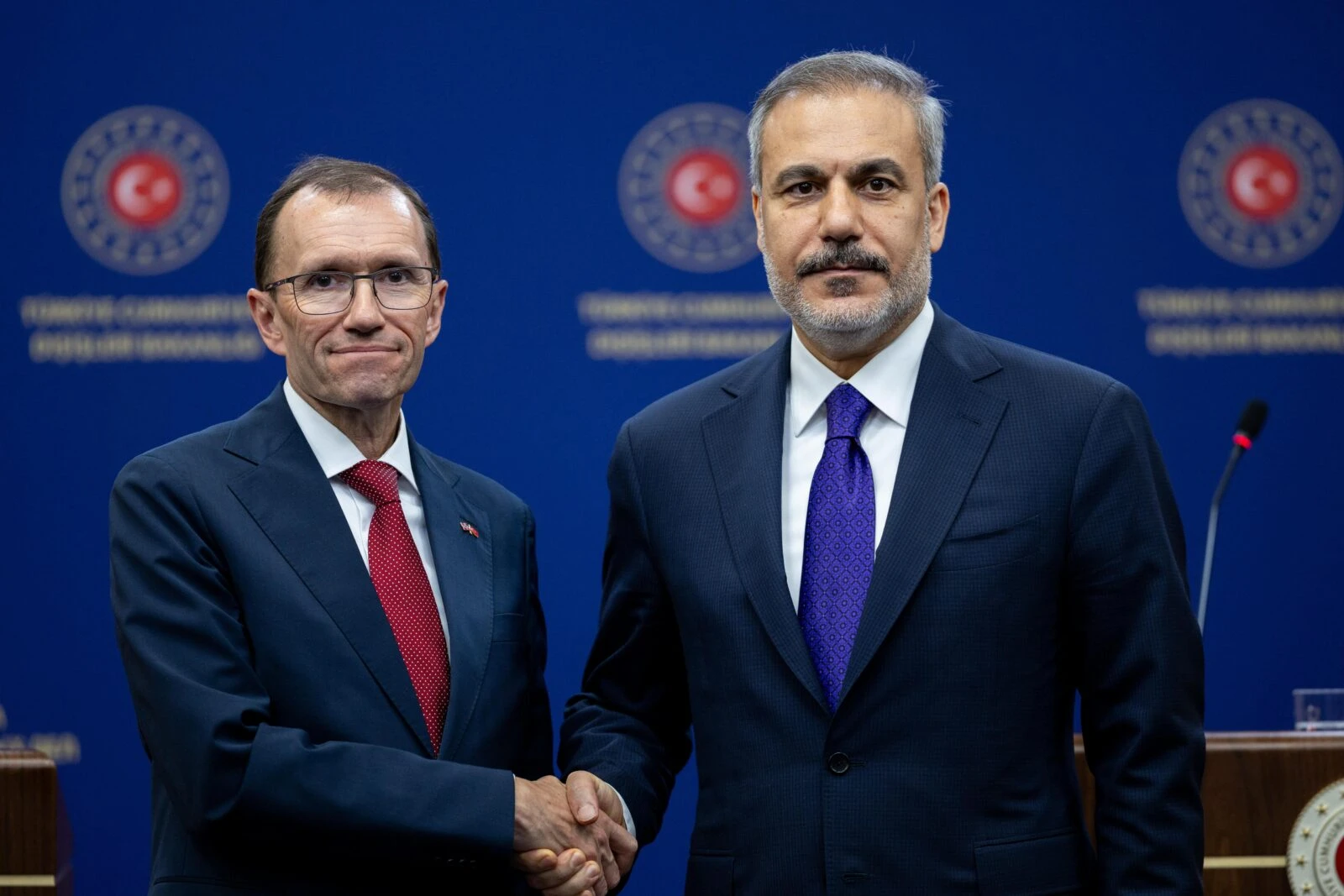
Both countries share a unique historical position as the only NATO members that bordered the Soviet Union during the Cold War, creating a foundation for their mutual understanding of regional security dynamics. This shared history has taken on renewed significance in light of current geopolitical tensions.
“We have signed some strategic agreements with the European Union in security and defense areas,” Eide explained during the press conference at the Turkish Foreign Ministry. “This is why we are already able to participate in these new European initiatives. We are participating in Europe’s defense preparedness initiatives through 2030. I think it is extremely important that a similar development be made with Türkiye.”
European defense cooperation expanding beyond EU borders
The Norwegian Foreign Minister shed light on emerging informal security formats that bring together both EU and non-EU nations. He noted that Türkiye, Norway, the United Kingdom and occasionally Canada have been invited to security discussions between Paris and London, representing an evolving approach to European defense cooperation.
“We are becoming more involved,” Eide stated. “We have expressed that our collective defense should be in NATO. However, if there are armament initiatives or other initiatives for the European family, we indicated that we could participate in them.”
Despite not being an EU member, Norway has successfully negotiated security agreements allowing its participation in EU defense readiness initiatives through 2030. Eide emphasized that Türkiye deserves similar inclusion in these European defense frameworks.
“It is extremely important that all European and NATO countries participate in these developments,” Eide asserted. “It is important for us that the EU shows more interest in this issue and we welcome it. But this needs to be open, and even if there are some developments, there is still much work to be done.”
Shared stance on Ukraine conflict and potential US disengagement
Regarding the Russia-Ukraine war, Eide noted both countries firmly agree on the necessity for a permanent peace agreement that respects Ukraine’s sovereignty and territorial integrity. The alignment between Ankara and Oslo on this critical issue demonstrates their common approach to European security challenges.
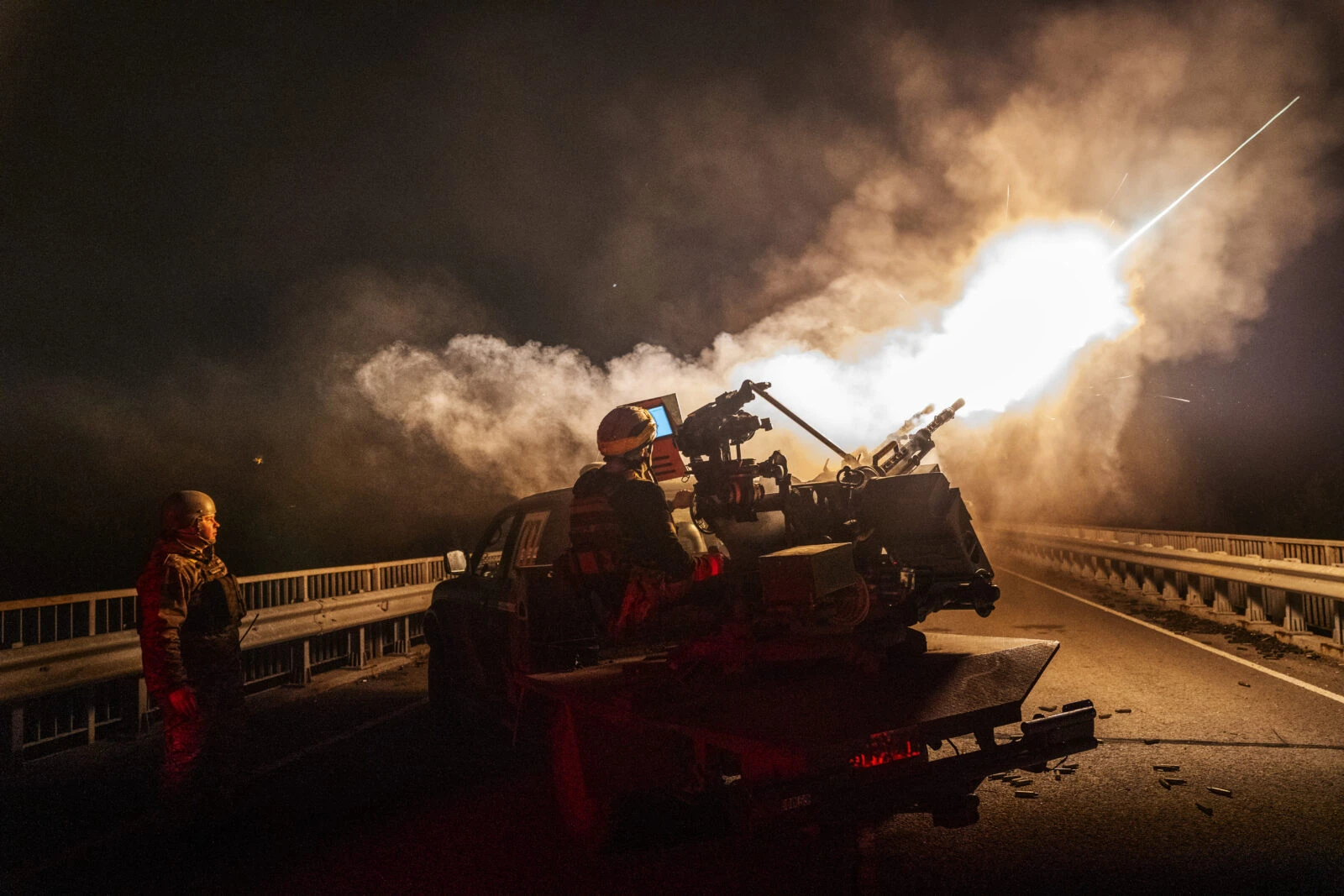
“This is a terrible war. It happened with Russia’s attacks. Therefore, of course, Ukraine must be free to make its own choices in the future,” he emphasized, articulating a position that aligns closely with Türkiye’s stated policy.
Addressing concerns about potential shifts in U.S. engagement in Europe, Eide delivered a candid assessment: “If we see a situation where the U.S. will participate less in this process, which is not something we hope for, this reveals that the rest of us need to take more steps. We will need to assume more political and economic responsibility in this sense.”
This acknowledgment of potentially reduced American involvement highlights the urgency both nations see in strengthening European security cooperation independent of traditional reliance on U.S. leadership.
Regional diplomacy efforts in Syria, Palestine and the Horn of Africa
Eide characterized Syria’s new government formation as “a promising development” following his January diplomatic visit to Damascus, where he met with current President Ahmed Shara. His trip made him among the first Western officials to visit the Syrian capital in recent years.
“During this visit, we emphasized the need for Syria to come together, for this country to emerge as a whole without division, and for national unity and integrity to be established,” he recounted, highlighting Norway’s diplomatic efforts in the region.
The Norwegian minister also addressed his country’s recent recognition of Palestine, explaining: “We saw this recognition as important in convincing the people in Palestine that a two-state solution would be possible. Because there are no two alternative solutions here. We must move toward the real solution, the two-state solution.” He expressed satisfaction with Türkiye’s close cooperation on this issue, noting their aligned diplomatic positions.
Eide concluded by highlighting Norway’s involvement in various diplomatic processes related to Sudan and the Horn of Africa, adding, “We are very different countries in many ways, but both countries believe this: We have an important role to play here. We can make the world a better place.”
The discussions in Ankara reflect growing recognition of the need for broader and more inclusive European security arrangements that extend beyond formal EU membership, with both Türkiye and Norway positioned as key players in this evolving framework.
